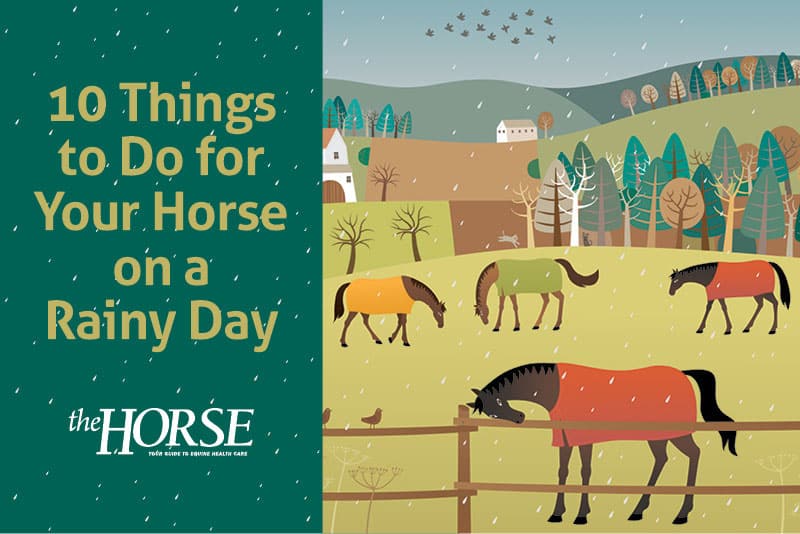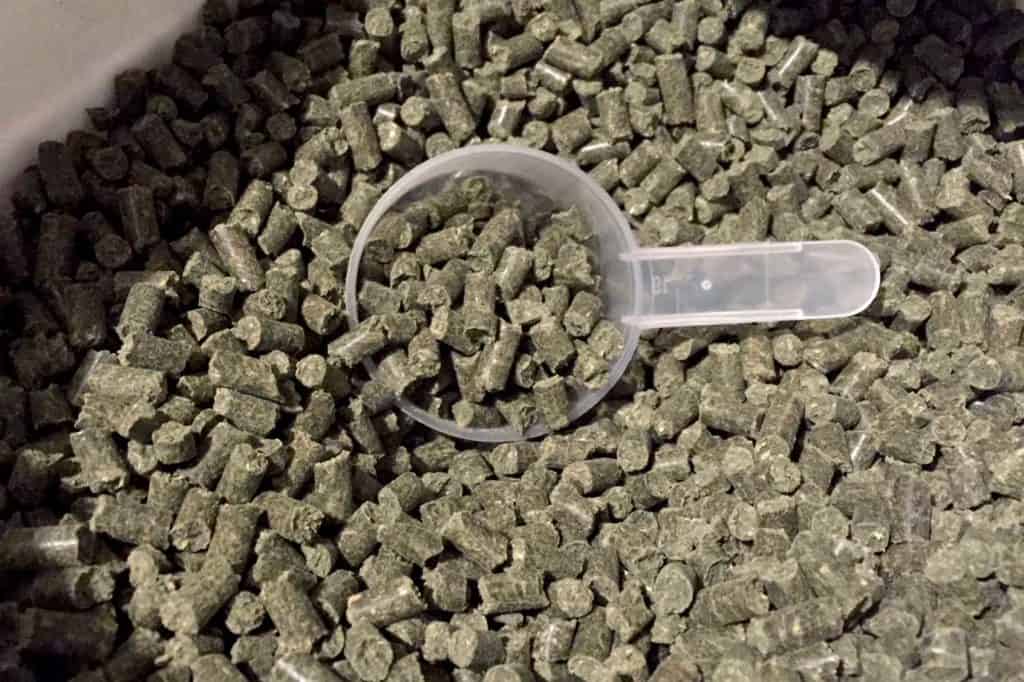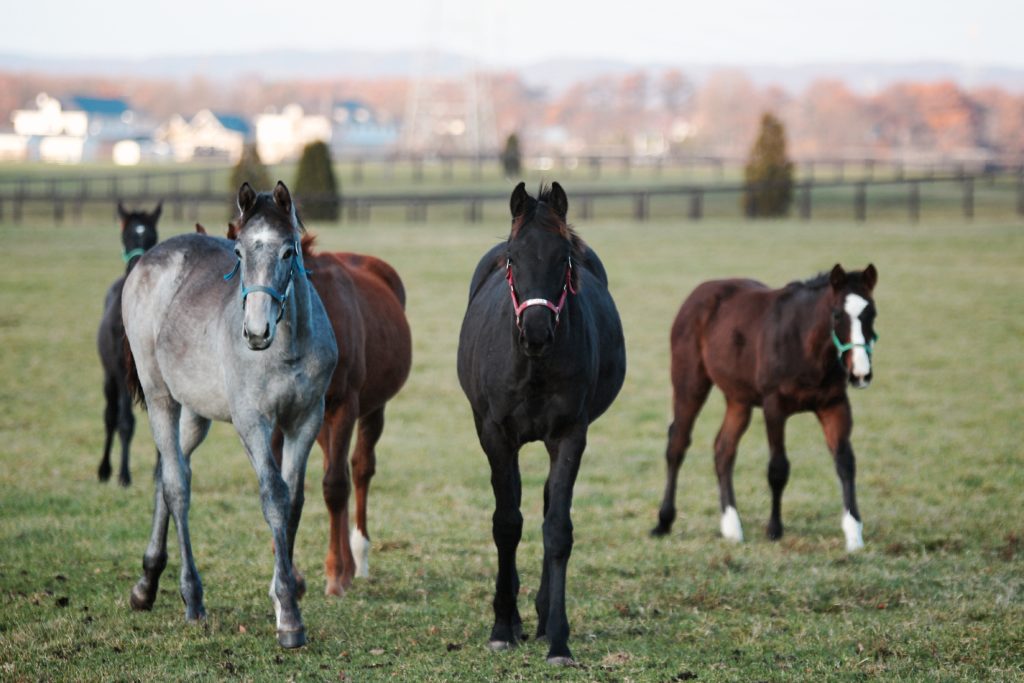
How Many Calories Does a Horse Need Each Day?
Independent equine nutritionist Dr. Clair Thunes shares basic guidelines for feeding horses enough calories and what factors might influence your horse’s caloric needs.
Proper feeding practices for foals, adult horses, and older horses

Independent equine nutritionist Dr. Clair Thunes shares basic guidelines for feeding horses enough calories and what factors might influence your horse’s caloric needs.

Proper nutrition is critical for growth and development. Learn the right way to feed your foal.

Veterinarians often prescribe medications to control acute and chronic clinical signs of disease, along with recommending environmental changes to limit asthmatic horses’ exposure to inhaled allergens. What do owners think of these sometimes time-consuming and expensive suggestions?

Managing horses with PPID is an ongoing commitment and requires careful veterinary observation. By monitoring both clinical signs and endocrine values, many affected horses can return to athletic function and/or maintain a good quality of life.

Many factors affect your horse’s ability to mount an effective immune response, one of which is his age. Learn more about the horse’s immune system and how it functions at every stage of his life.

Sweat contains electrolytes (including sodium and chloride), so heavily exercising horses have significantly higher dietary requirements for both minerals than their idle counterparts. Here’s what to know.

Moving north for the summer or south for the winter with horses can make feeding them a consistent diet challenging. An equine nutritionist offers tips to ease the transition.

Dietary restriction plus a low-intensity exercise program helped improve overweight horses’ insulin sensitivities, which could help reduce their risk of developing laminitis.

Don’t let dreary weather keep you away from the barn! Here are 10 things you can do for your horse on a rainy day.

An independent equine nutritionist answers horse owner questions on forage, feed concentrates, fats, supplements, and more.

Experts share information about the steps needed to identify PSSM, how to distinguish between the types, and recommendations for managing affected horses.

Horses and ponies that gain weight are more than twice as likely to develop laminitis than if they lose or maintain their weight, a recently published study revealed.

Combination supplements claiming to support joints, gut health, coat quality, and more might make feeding time easier, but do they work?

Find out which flowers, shrubs, and trees you should avoid when sprucing up your barn this spring.

Does your horse’s drinking water have high iron levels? If so, he might be at risk for chronic illness or even death, researchers found.

High-carb diets can put weanlings at risk for developmental orthopedic diseases. Could these horses get by on high-forage, low-concentrate diets?
Stay on top of the most recent Horse Health news with
"*" indicates required fields